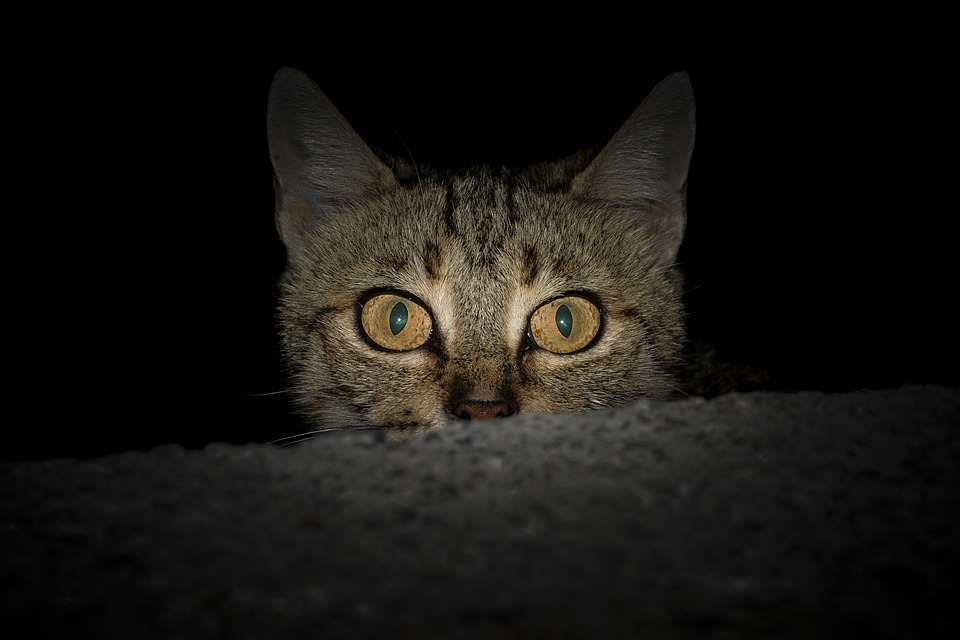Title: How to Recognize and Address Symptoms of Food Intolerance in Cats
Introduction:
Understanding your cat’s dietary needs is crucial for their overall health and well-being. Food intolerance in cats can lead to a range of uncomfortable symptoms that can significantly impact their quality of life. In this article, we will explore the common signs of food intolerance in cats and offer helpful tips on how to address and manage these symptoms effectively.
I. What is Food Intolerance in Cats?
A. Differentiating between food allergies and food intolerance
B. Causes of food intolerance in cats
II. Common Symptoms of Food Intolerance in Cats
A. Digestive issues
1. Frequent vomiting or regurgitation
2. Diarrhea or loose stools
3. Flatulence and bloating
B. Skin and coat problems
1. Itchiness and excessive scratching
2. Hair loss or poor coat condition
3. Skin inflammation or rashes
C. Respiratory issues
1. Sneezing or coughing
2. Difficulty breathing or wheezing
D. Behavioral changes
1. Lethargy or decreased activity levels
2. Irritability or aggression
3. Depression or anxiety
III. Identifying the Culprit: Conducting an Elimination Diet
A. Consulting with a veterinarian
B. Implementing an elimination diet plan
C. Monitoring and documenting changes in symptoms
D. Reintroducing potential triggers
IV. Addressing Food Intolerance in Cats
A. Selecting hypoallergenic or limited ingredient diets
B. Reading and understanding pet food labels
C. Avoiding common allergens
D. Considering alternative feeding options
V. Frequently Asked Questions (FAQs)
1. Can food intolerance develop over time in cats?
2. How long does it take for symptoms to improve after switching to a new diet?
3. Are there any home remedies to alleviate food intolerance symptoms?
4. Can food intolerance lead to more severe health issues in cats?
5. Should I consult a veterinarian before changing my cat’s diet?
Conclusion:
Recognizing and addressing food intolerance in cats is crucial for their overall health and well-being. By understanding the common symptoms and implementing appropriate dietary changes, you can help your feline friend live a happier, healthier life. Remember, consultation with a veterinarian is essential for accurate diagnosis and tailored advice for your cat’s specific needs.








